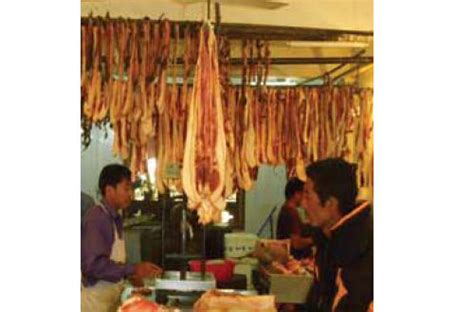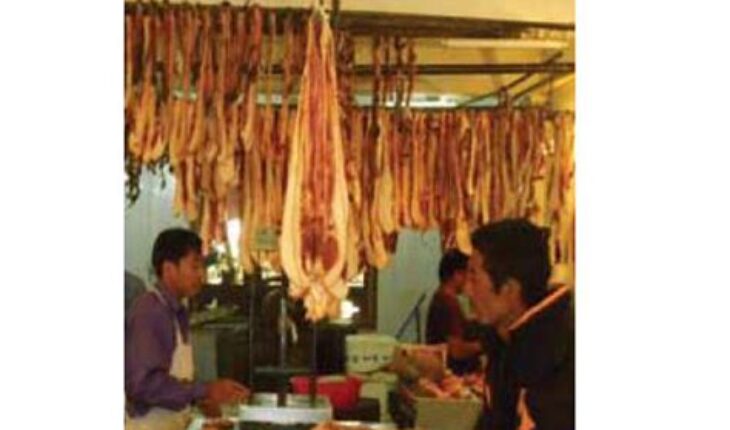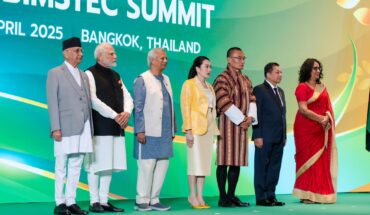
RENUKA RAI
Thimphu
A recent study has shed light on the current practice of collective meat price fixing by Thimphu’s meat vendors, revealing concerns over reduced market competition, inflated prices, and limited consumer choice.
Following the government’s liberalization of the meat industry, the Meat Price Fixing Committee was disbanded. However, in its absence, vendors under the Bhutan Meat Vendors Association (BMVA) have continued to set standard prices, claiming the goal is to stabilize the market and keep prices reasonable.
However, the study warns that this practice is doing more harm than good.
Although membership in the BMVA is voluntary, over 90% of vendors in Thimphu are members and adhere to the association’s price guidelines. The group, established in 2020 with support from the Bhutan Chamber of Commerce and Industry, imposes penalties on members who break the pricing agreement—including recommending license revocations to the government.
Despite claims of fairness, vendors and consumers alike are raising red flags. Around 12% of BMVA members criticized the pricing policy as rigid and unresponsive to market shifts, while 38% called for government intervention, especially in controlling prices at the source.
Price comparisons between BMVA members and independent vendors show minimal differences—no more than a 2% variation. But what’s more concerning is the large markup from importers to retail outlets. In 2023, frozen boneless beef, for example, saw a total markup of 104%, a figure that slightly dropped to 67% in 2024. Other meats also recorded high markups, particularly frozen and fresh chicken.
Local meats fare slightly better in terms of markups but are still expensive due to limited supply and high base prices. The country’s heavy reliance on imports—worth Nu 3.7 billion in 2023—combined with a single local slaughterhouse and export restrictions from India, adds to the challenge.
Researchers recommend phasing out the BMVA’s price-setting role altogether. Instead, they urge the government to focus on formalizing the association’s operations, training small vendors on pricing strategies, and supporting better supply chain networks.
Linking local importers with certified suppliers in neighboring countries, the study suggests, could help ensure a steady and safe meat supply, ultimately lowering prices and improving quality for Bhutanese consumers.
“This is not just about price,” said the report’s author from the Consumer Empowerment & Economics Division. “It’s about creating a healthier, more competitive marketplace that puts consumers first.”
The findings point to a larger need for structural reform in Bhutan’s meat industry—one that balances affordability, fairness, and food security in a changing economy.





